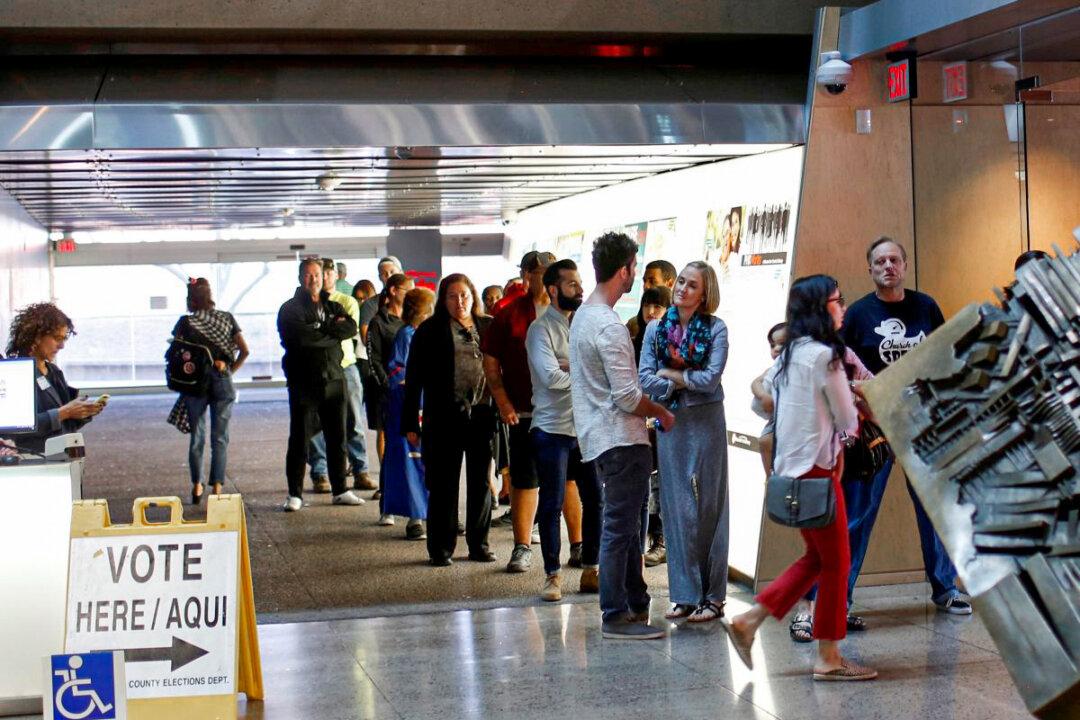White suburban women have significantly shifted their support to Republicans from Democrats in just the past few weeks, a new poll reveals.
The survey, conducted by The Wall Street Journal, found (pdf) that white suburban women are now favoring Republicans for Congress by 15 percentage points, a 27-point move away from Democrats since the last WSJ poll in August.





